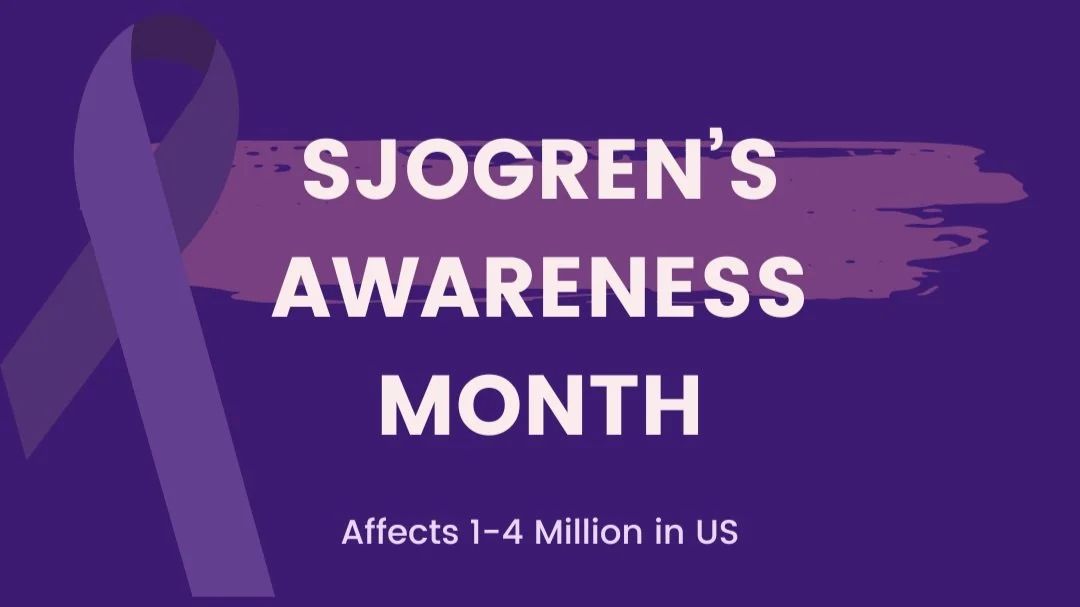There has been a lot of buzz around new, biologic treatments for autoimmune diseases, but what are they and how often are they actually being used? Biologic therapies contain proteins like those produced by our bodies (like antibodies). These proteins can target specific immune pathways, such as cytokines, B cells and T cells. However, due to their high cost, the need to administer these drugs intravenously, and adverse events associated with them, biologics are generally not the first therapy used for autoimmune patients.
We looked at the All of Us database to see how often biologics are used to treat autoimmune disease patients. We looked at patients who were prescribed common biologics* (such as Rituximab and IVIG) around or after the time of their disease diagnosis. Below is a breakdown of the percentage of patients with a particular diagnosis that was prescribed biologic treatment.
For autoimmune diseases generally, only 5.9% of patients with a diagnosis are prescribed biologics. For more common diseases like rheumatoid arthritis and lupus, 10.7% and 9.4% of patients are prescribed biologics, respectively. For diseases like undifferentiated connective tissue disease (an uncommon diagnosis) 8.3% of (and less than 20) patients are prescribed biologics.
Have you received any biologic treatment? Please email us to share your experience, good or bad. Once we collect enough stories we will share them on our website or newsletters. If you have any other other topics of interest, please also reply to this email and we will do our best to search for the answer on the All of Us database.
Thank you for your continued support. Please join our registry or share it with a friend who has an autoimmune condition. Donations are also greatly appreciated.
* List of biologics included in our search: Rituximab, Ofatumumab, Belimumab, Abatacept, intravenous immune globulin, Golimumab, Certolizumab pegol













